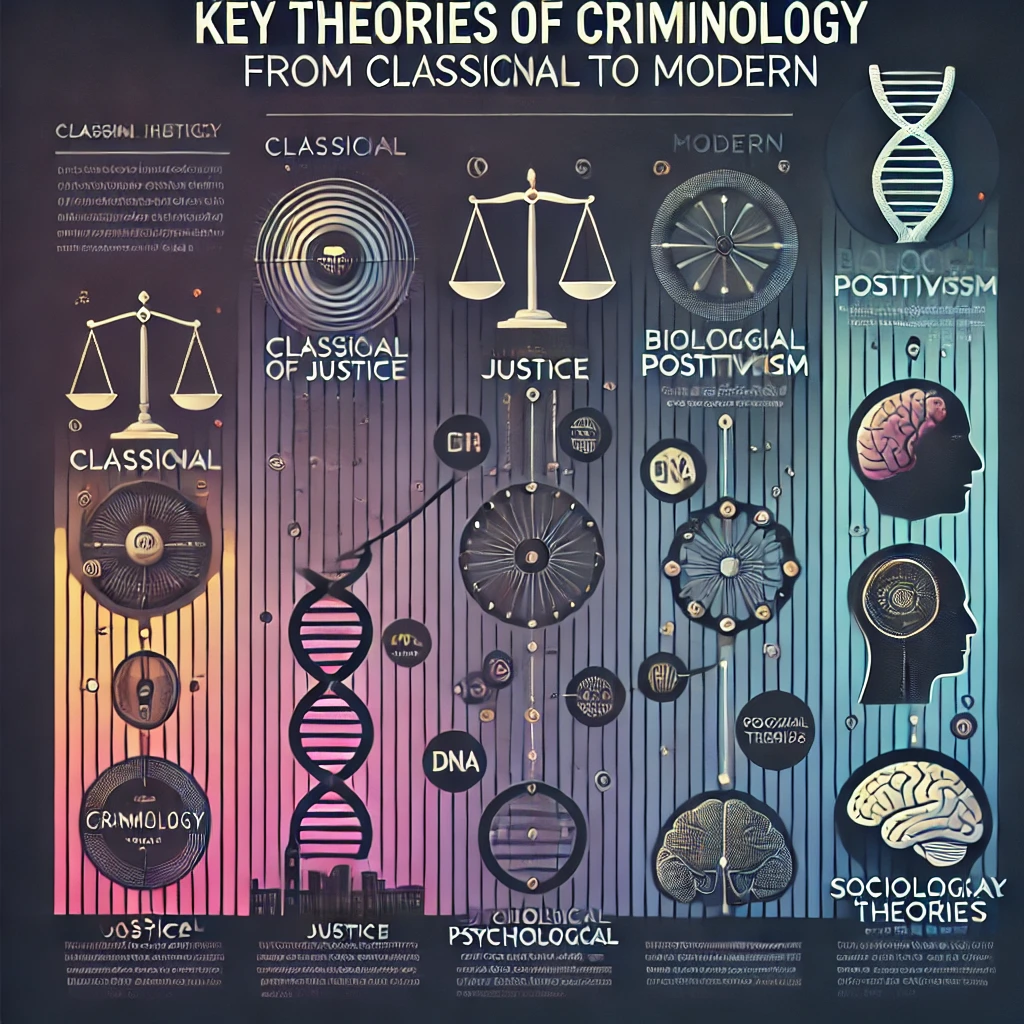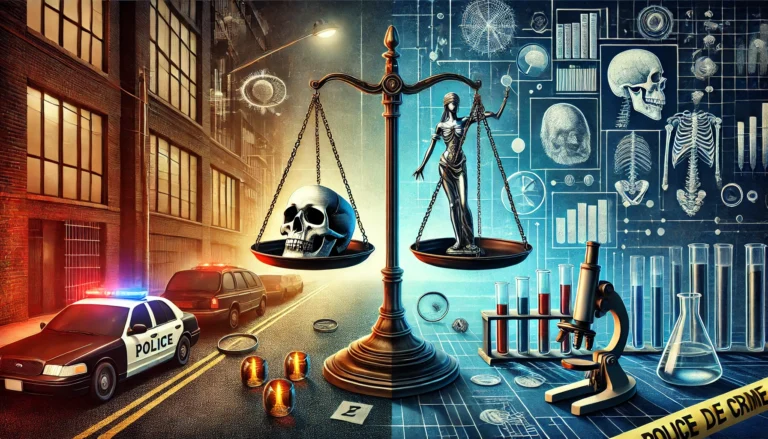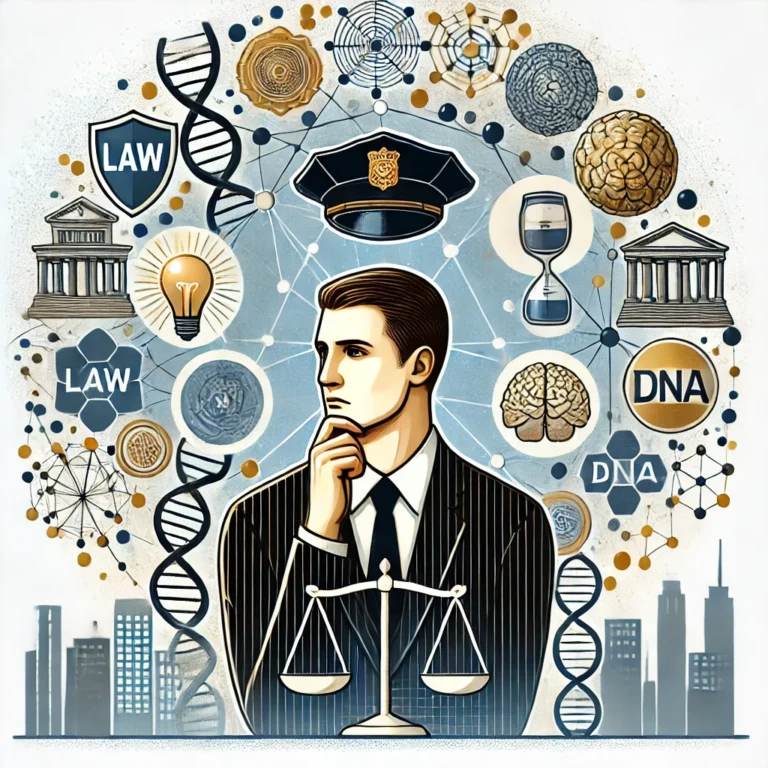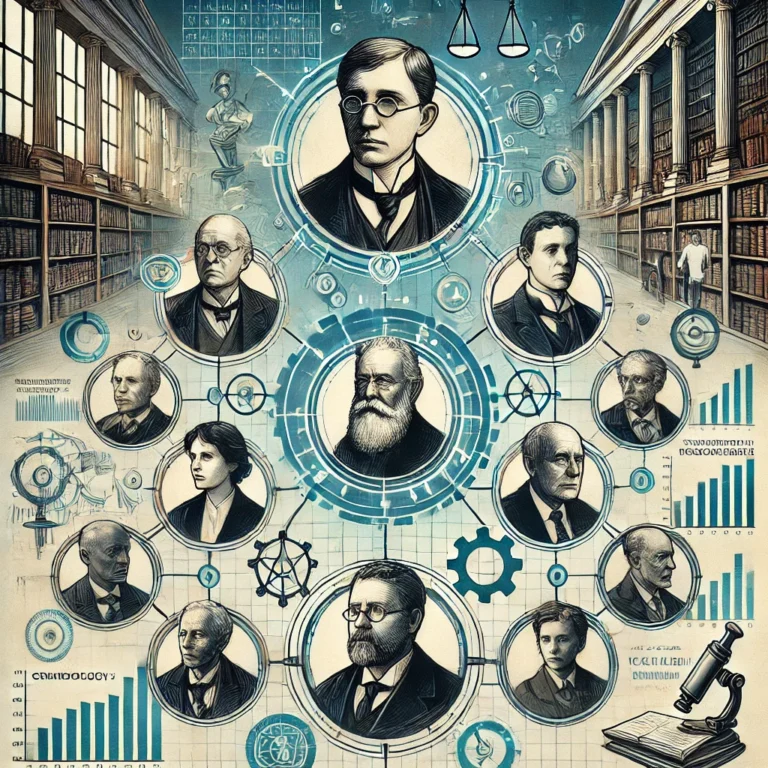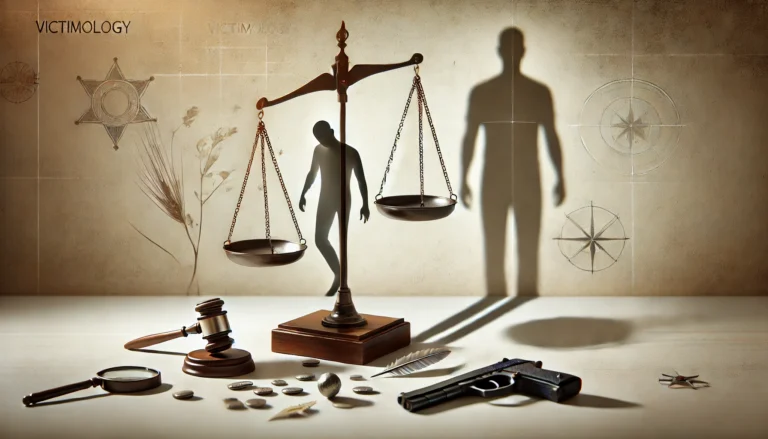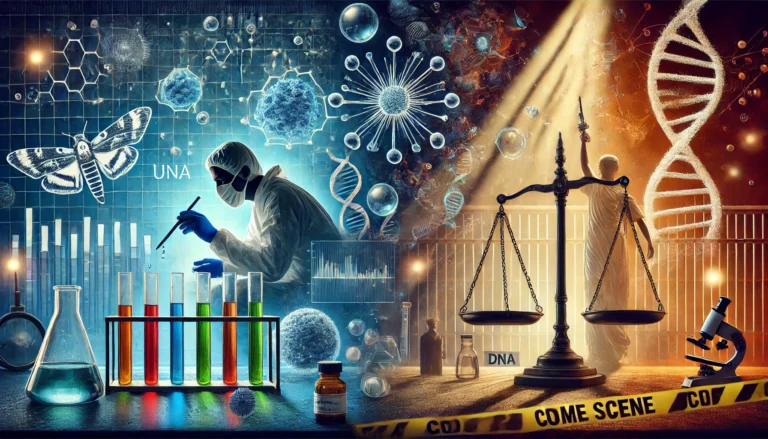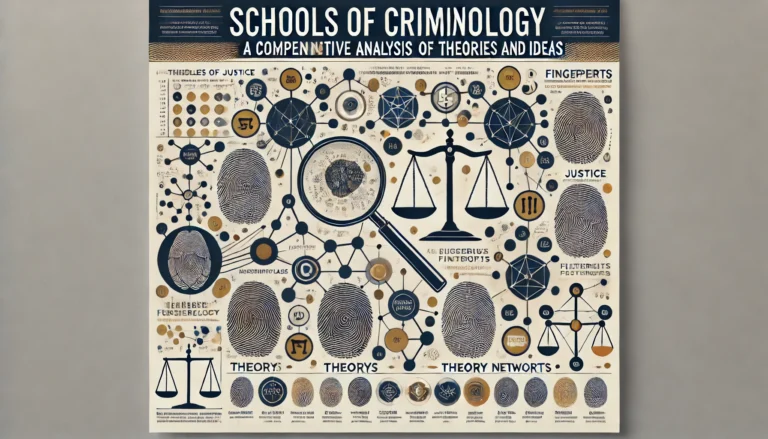Key Theories of Criminology: From Classical to Modern
Criminology has evolved through centuries, reflecting changes in societal values, scientific advancements, and philosophical approaches. This article explores the key theories that have shaped criminology, spanning from classical thought to modern interpretations, providing students and researchers with a comprehensive overview of the discipline’s theoretical foundations.
1. Classical Criminology
The Classical School, emerging in the 18th century, laid the groundwork for modern criminology by emphasizing reason and individual responsibility.
Key Principles
- Free Will and Rationality: Individuals commit crimes after rationally weighing the benefits and consequences.
- Proportional Punishment: Punishments should be just and fit the crime to deter offenders.
Influential Thinkers
- Cesare Beccaria: Advocated for fair legal systems and criticized excessive punishment.
- Jeremy Bentham: Introduced the concept of utilitarianism, emphasizing the “greatest good for the greatest number.”
2. Positivist Criminology
In the 19th century, the Positivist School shifted focus to empirical evidence, exploring the biological and psychological traits of offenders.
Key Principles
- Crime as a Determined Phenomenon: Behavior is influenced by factors beyond individual control.
- Use of Scientific Methods: Emphasis on data collection and analysis.
Influential Thinkers
- Cesare Lombroso: Proposed that criminality could be inherited and identified through physical traits.
- Enrico Ferri: Expanded on Lombroso’s ideas by incorporating social and environmental factors.
3. Sociological Theories of Crime
Sociological perspectives emerged in the 20th century, focusing on societal structures and their influence on criminal behavior.
Key Theories
- Strain Theory (Robert Merton): Crime occurs when individuals face barriers to achieving societal goals.
- Social Learning Theory (Albert Bandura): Criminal behavior is learned through interactions with others.
- Labeling Theory (Howard Becker): Social labels can perpetuate criminal behavior by stigmatizing individuals.
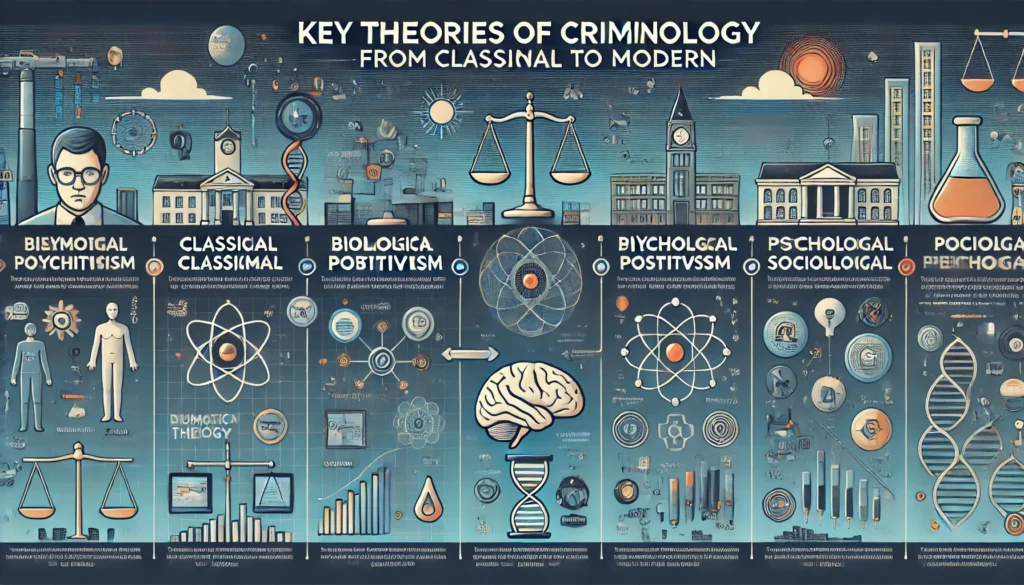
4. Modern Criminological Theories
Modern criminology integrates interdisciplinary approaches, addressing complex crime dynamics.
Key Theories
- Routine Activity Theory (Marcus Felson and Lawrence Cohen): Crime is a result of motivated offenders, suitable targets, and lack of capable guardianship.
- Rational Choice Theory: Extends classical ideas by analyzing how individuals calculate risks and rewards.
- Critical Criminology: Explores the role of power, inequality, and social justice in shaping criminal behavior.
5. Comparing Theories Across Eras
| Aspect | Classical | Positivist | Modern |
|---|---|---|---|
| Focus | Individual responsibility | Biological and psychological traits | Social, economic, and interdisciplinary factors |
| Methodology | Philosophical and rational | Empirical and scientific | Mixed, including qualitative and quantitative |
| Key Objective | Fair punishment | Understanding causation | Prevention and rehabilitation |
6. Relevance for Students and Researchers
Studying criminological theories provides critical insights into:
- Developing policies for crime prevention.
- Enhancing understanding of criminal behavior.
- Bridging gaps between theory and practice in criminal justice systems.
Conclusion
From classical rationalism to modern interdisciplinary approaches, criminology’s theories reflect an ongoing quest to understand and mitigate crime. By studying these theories, students and researchers can contribute to creating more effective strategies for crime prevention and justice.

